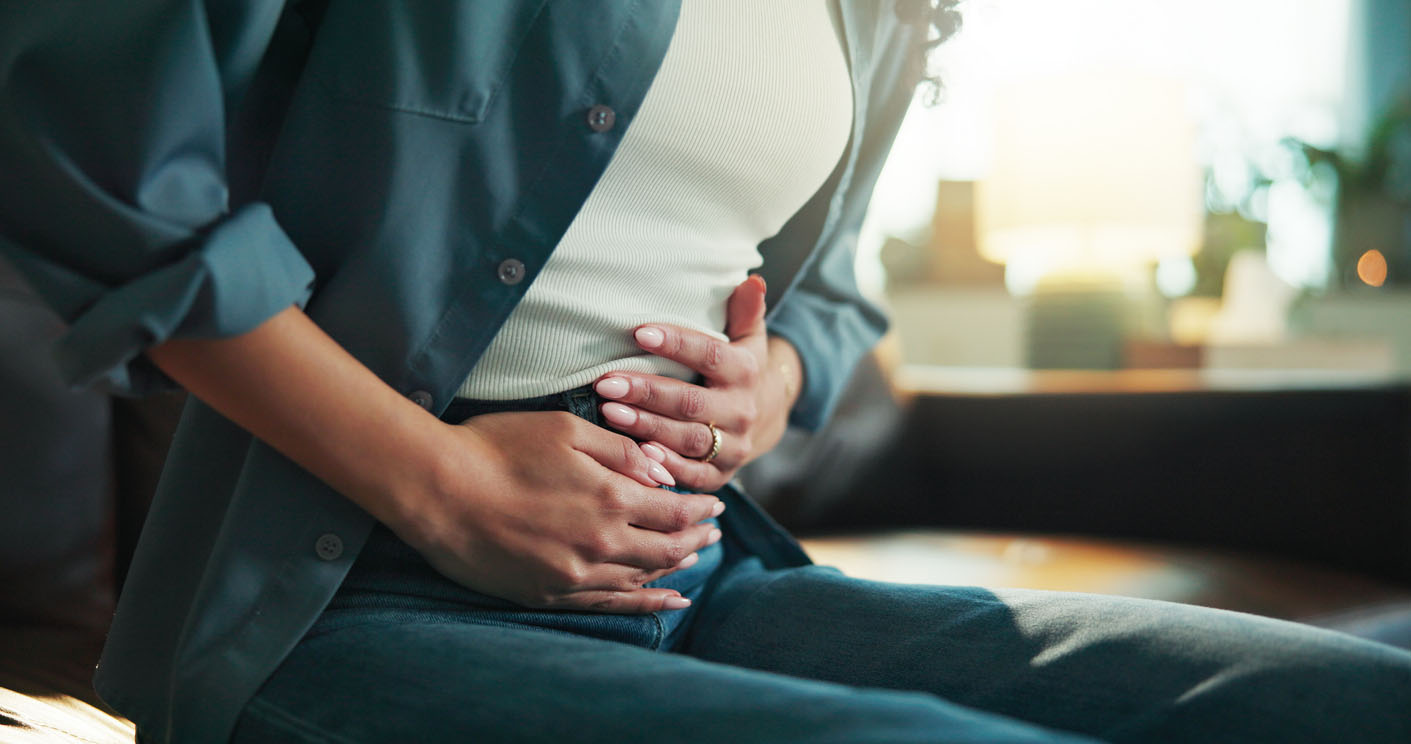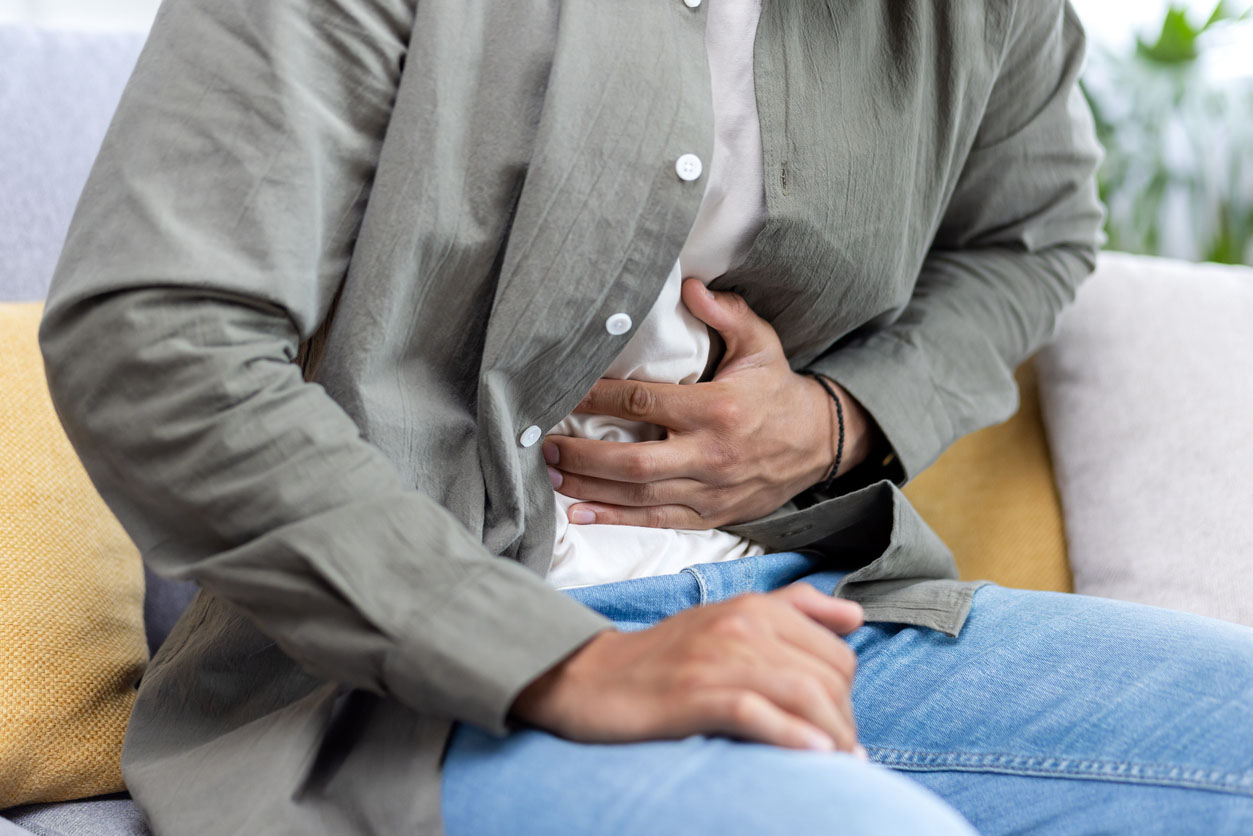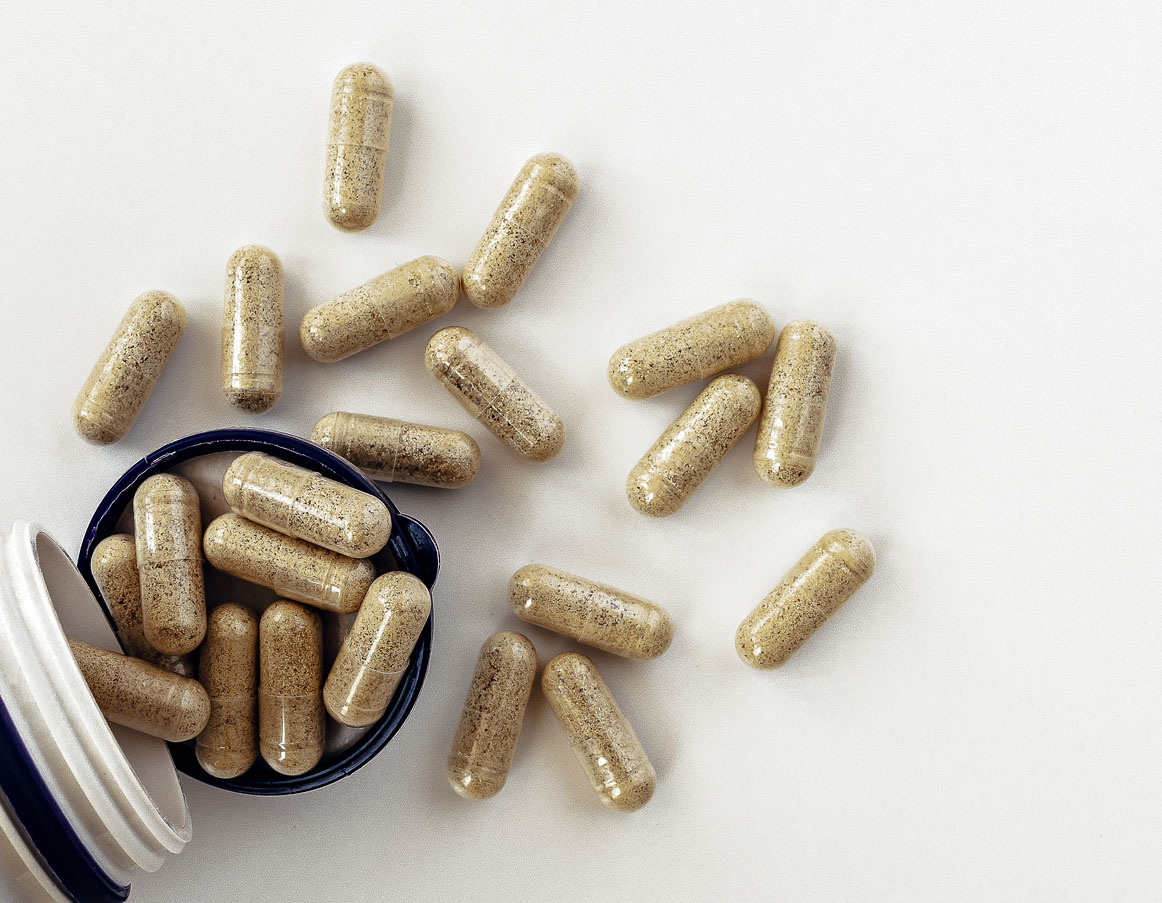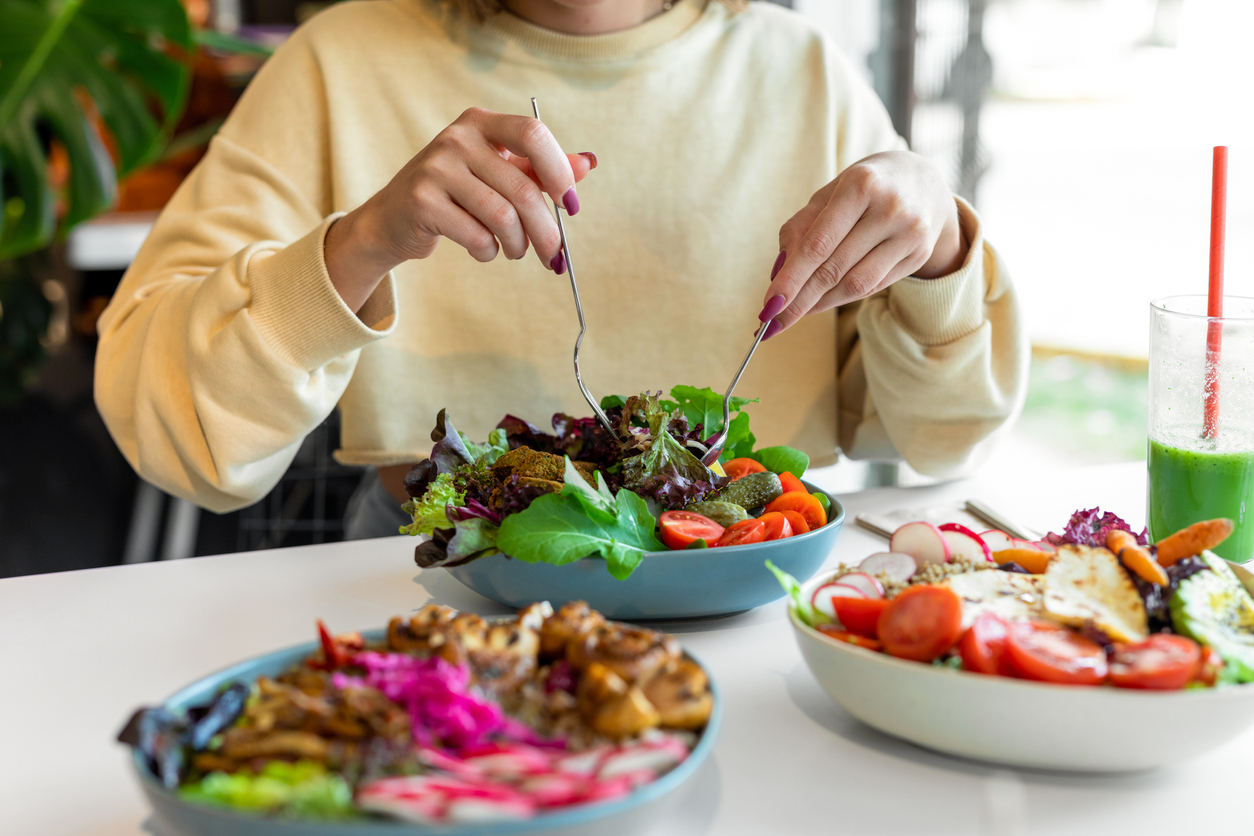Q: I have recently been diagnosed with diverticulosis. I am researching which foods to avoid and which to eat – however, I’m getting conflicting information. Can you clear this up for me?
A: Diverticulosis is very common, especially in those over the age of 50. Typically discovered during colonoscopy for colon cancer screening, it is the formation of pockets or pouches in the colon usually caused by a lifetime of low fiber intake—a cause of constipation. High pressure is created in the large intestine which over many years can cause stretching and ballooning of weak spots in the colon wall resulting in diverticuli.
A high fiber diet can lower the risk of developing diverticulosis. A bulky stool, which is desirable, helps to lower pressure in the colon and ease the passage of stool. Another benefit of a high fiber diet is the inclusion of prebiotic foods such as onions, garlic, leeks, asparagus, Jerusalem artichokes and dandelion greens, which help feed the health-promoting beneficial bacteria in the gut. Prebiotics such as Phloe are helpful in maintaining bowel regularity.
Having diverticulosis in and of itself is not a serious condition. It’s when those pockets become infected thatdiverticulitis occurs, which is a painful and sometimes serious condition that may require a hospital stay with complete bowel rest and a mostly liquid diet until the condition subsides. Your doctor may also prescribe antibiotics.
In my practice, I have found the most success in preventing repeated bouts of diverticulitis with the Specific Carbohydrate Diet. The elimination of fermentable carbohydrates which have the potential to feed bad bacteria in the gut is critical to reducing and even eliminating future flares.
In an attempt to prevent possible progression to diverticulitis, physicians often advise those with diverticulosis to avoid certain foods such as nuts, seeds, popcorn and other seed-containing foods such as berries, figs, tomatoes, cucumbers and zucchini, which may get trapped inside colon pockets and cause infection. However, this has been met with controversy as studies show those who ingest fiber-containing foods such as nuts and seeds have less diverticular disease.
To your health!
As you may know, I’ve been doing a weekly “Q&A with Leyla” podcast feature with Dr. Hoffman. Now you can get my perspective and expertise every Friday on my own episode of the Intelligent Medicine Podcast. If you missed last week’s, you can listen here. To be sure you don’t miss out on any of my important insights and information, subscribe today!








